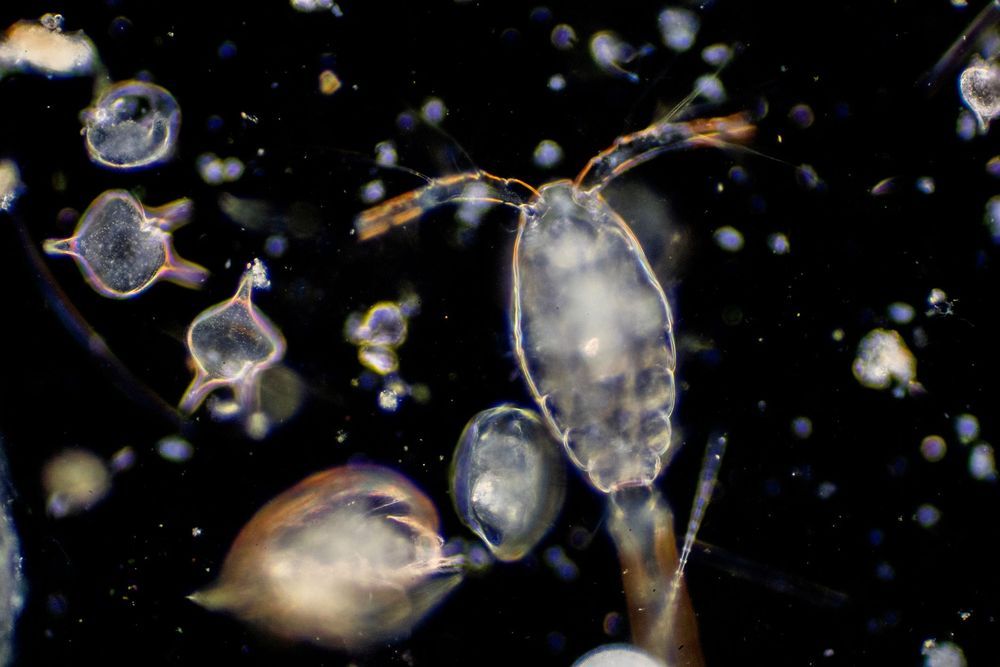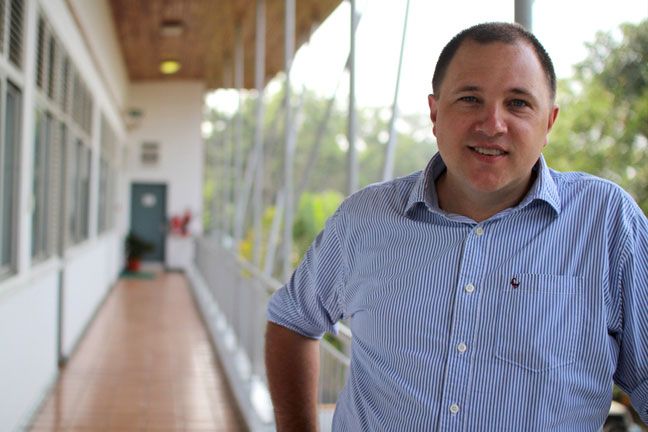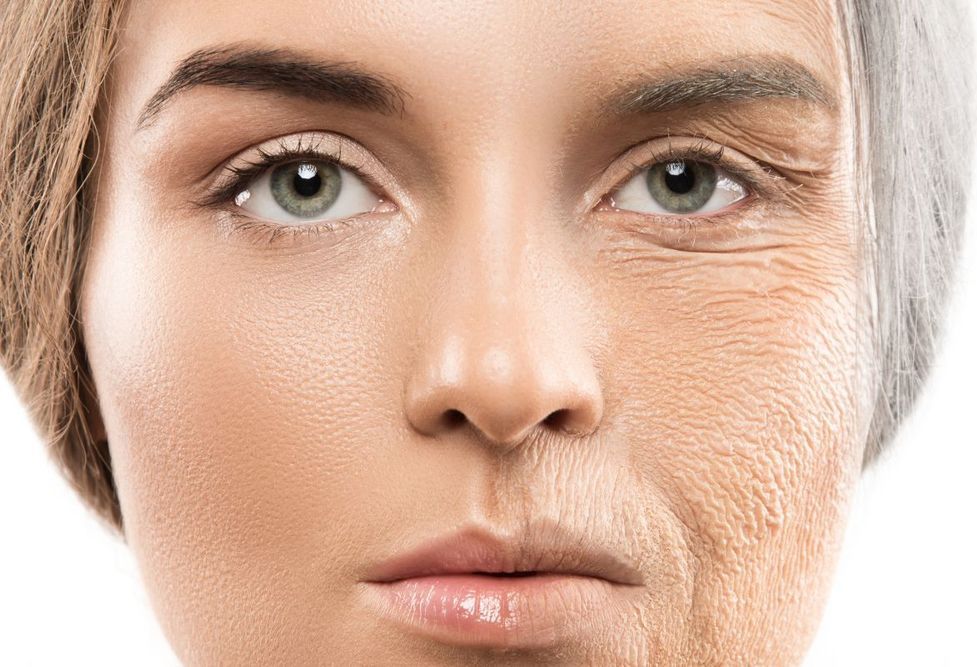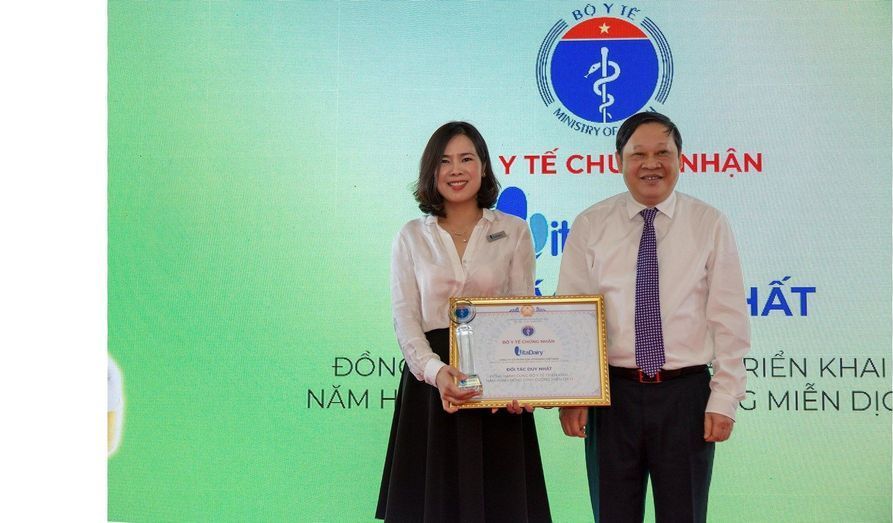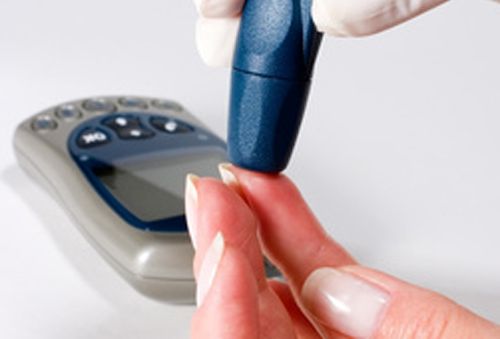Vietnam has been one of the countries that have well managed COVID-19 pandemic with only 383 cases, and no deaths have been reported (updated on 20th July). Immune Nutrition from ColosIgG 24h colostrum is one of the factors contribute fighting off COVID-19 in VietnamnnPrior to this pandemic, being aware that strengthening the immune system is very important for health, especially for children, the Vietnamese Ministry of Health cooperated with VitaDairy Company to organise a series of seminars on Immune Nutrition in big cities. As a result, at the end of 2019 when the COVID-19 outbreak started, people understood the importance of the immune system and the value of immune nutrition from ColosIgG 24h colostrum.nn
P rior to this pandemic, being aware that strengthening the immune system is very important for health, especially for children, the Vietnamese Ministry of Health cooperated with VitaDairy Company to organise a series of seminars on Immune Nutrition in big cities. As a result, at the end of 2019 when the COVID-19 outbreak started, people understood the importance of the immune system and the value of immune nutrition from ColosIgG 24h colostrum. In addition to the seminars, Vietnamese Ministry of Health has taken many quick and appropriate actions to deal with the pandemic. Thanks to these actions, up to now, Vietnam is one of the countries that have very well managed the COVID-19 pandemic.
VitaDairy As The Ministry of Health’s Partner — “With Competence And A Strong Will”
In parallel with the seminar series, VitaDairy became the No. 1 colostrum company in Vietnam while making a hundred million dollar deal with the leading colostrum group in the US — PanTheryx — to exclusively import ColosIgG 24h colostrum to Vietnam. Joining hands to combat the pandemic, VitaDairy donated 1 million ColosIgG 24h colostrum products to the Vietnamese people and donated protective equipment to health workers with a total sponsorship of nearly 500,000 USD.

